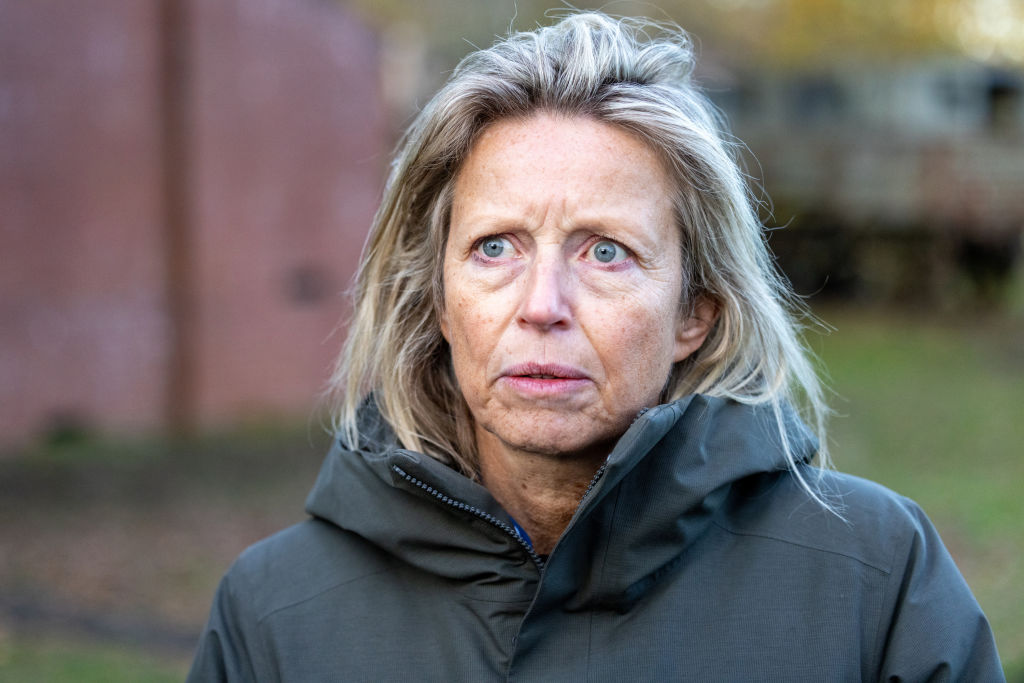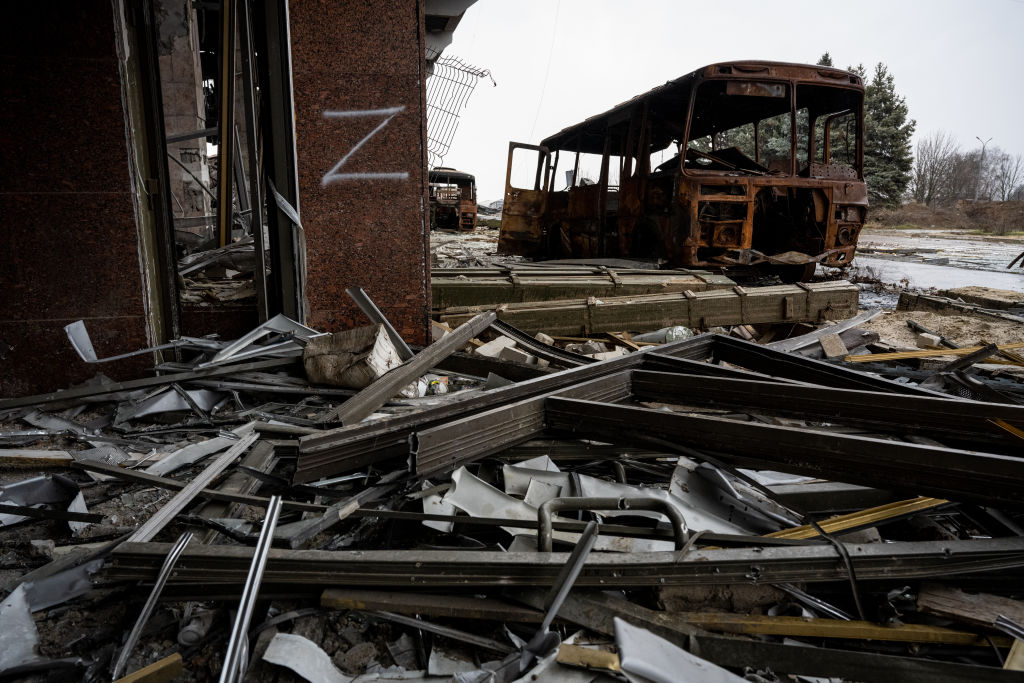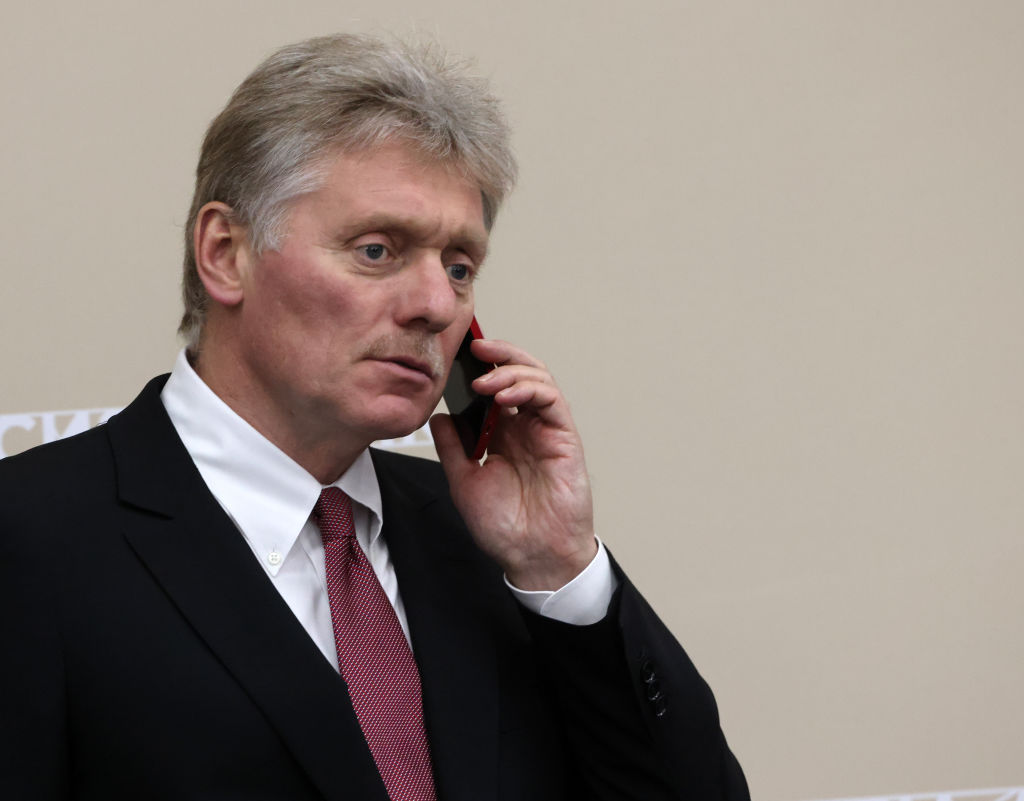The European Union “does not know how to fight wars”, according to Ukraine’s foreign minister.
Speaking to local media, Dmytro Kuleba complained about what he said was the EU’s failure to ramp-up weapons production since Russia’s 2022 invasion of his country.
Moscow has had fewer issues with scaling its arms production to match the Kremlin’s military aims, experts say.
“The defence industry in Russia is government-owned. Under the conditions of authoritarian rule and governmental control of industry, it’s easier,” Kuleba said on December 27.
He contrasted this with the situation in the EU, expressing disappointment at what he described as its failure to address its supply inadequacies.
“Unfortunately, our friends [in Europe] spent too much time deliberating on how and when to ramp-up their production of weapons and ammunition.
“Europe doesn’t know how to fight wars. The production of weapons is not the most popular area of business,” he added.
Ukraine needs more men: The strange case of the fake Irish call up letters, by Gawain @Towler. https://t.co/J0R7bDqnNz
— Brussels Signal (@brusselssignal) December 22, 2023
Kuleba also complained that Russian missiles were still largely being guided using Western-made technology.
Despite Brussels slapping Moscow with a dozen separate sanctions packages, much of the Russia’s weapons technology is still built on American and European technology platforms.
The country has even taken to cannibalising consumer products made abroad, rewiring circuit boards to construct missile guidance systems.
“Russia built some very sophisticated supply chains with the involvement of their intelligence operatives to ensure deliveries of spare parts,” Kuleba said.
“This is why we permanently emphasise the need to cut off Russia from access to these spare parts. But it’s not that easy because, in most cases, they find a way to buy something commercially available on well-known marketplaces and deliver it to Russia.”
He added that if Europe and the US wanted to ensure his country’s security in the long term, they would both need to step-up measures aimed at defending Ukraine.
That, he argued, would include better integrating their weapon supply programmes.
“The solution is to create a certain level of alignment of all defence industries of the EU, the United States and like-minded countries – for them to work as one whole system,” Kuleba said.
“Ukraine is at stake in this debate today or in this capacity-building effort today. But what is at stake tomorrow? It’s their security – the security of European countries,” he said.
“Because if anyone believes that Putin will not dare to attack a NATO country if he wins in Ukraine, that person is either naive or is pursuing Russian interests in this discourse.”
VIDEO: Germany will double its military aid for Ukraine to €8 billion next year.
Read more at https://t.co/olEGgxcO5K pic.twitter.com/9Qbh9kLtfo
— Brussels Signal (@brusselssignal) November 14, 2023





Win or lose, Brussels has fumbled the war in Ukraine